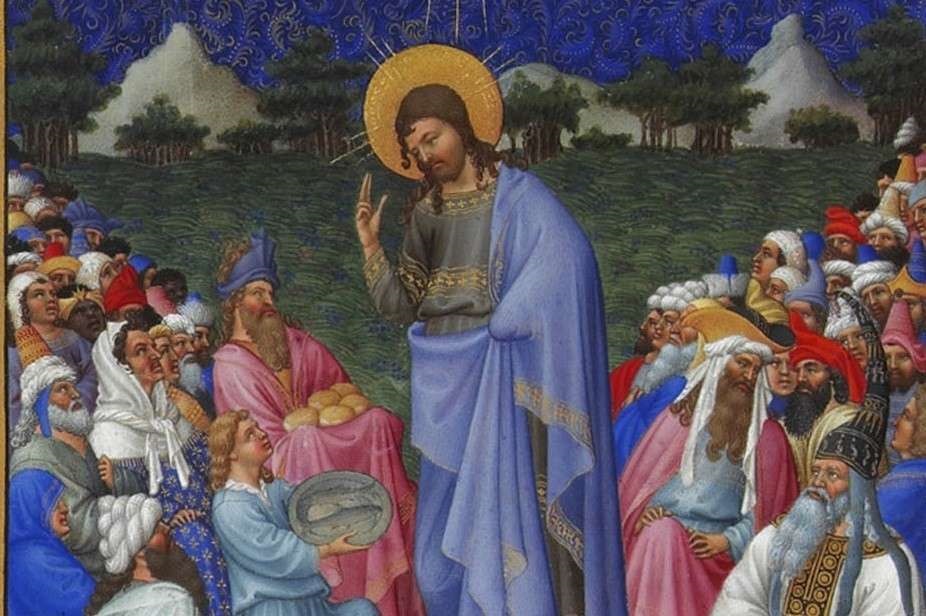
“The miracle of the multiplication of the loaves is a very significant sign in the life of Jesus. All the evangelists narrate this incident with a specific emphasis according to the audience to which they were writing. The scripture we have today is from Matthew’s rendition. Matthew specifically wrote to the Jews and presented Jesus to them as the new Moses. He consistently drew many parallels between Jesus and Moses.
The most important event in Moses’ leadership was that God miraculously provided food (Manna) for the Israelites when they were in the desert. Thus over time, an expectation developed that ‘the messiah’ would feed the people with a banquet in the desert and satisfy their hunger. Now Matthew uses this miracle of Jesus to prove to everybody that Jesus is the promised messiah, the new Moses who is foretold in the First Covenant.
Like Moses, Jesus is now the leader of New Exodus. He must lead His disciples to be the free children of God. The Desert Experience is a must to form us into a people of God. During the time of exodus, the ‘stiff necked people’ were transformed by making them wander 40 years in the desert. By taking people into the desert and teaching them about the kingdom, Jesus has started the process. In the desert without any real security, the disciples will learn to put their trust in God. They will learn the full meaning of poverty (the first beatitude) and entirely depend on God’s mercy. They also will learn to listen to Christ who will become the source of their salvation.
During this episode, Jesus performed a very symbolic action – “He said the blessing, broke the bread, and gave it to the disciples”. This seems quite familiar to us. Yes, these are the words spoken at Mass during the time of consecration. So, Matthew, in a way, tells us to approach this miracle from the Eucharistic perspective.
If we read this passage in the light of the Eucharist, we will be able to recognize the deeper meaning of sharing, which is intended to be the heart of every Eucharistic celebration. The Eucharist is a call to “go to a deserted place”. People should have the courage to leave behind their comfort zones; put aside their own relations, family and friends and mingle with complete strangers. This is the experience of entering a lonely place which can make us realize the needs of other people.
Journey to a deserted place is a starting phase of the Eucharist. The next step is accepting the command of the Lord; “give them something to eat yourselves”. Here we give ourselves for all. Jesus knew that ‘only through His power’, the disciples could give something for the people to eat. Through offering ourselves for others, we give Jesus to the world. It is Jesus who is shared in us when we break ourselves to reach others.
-Fr. Ranjan D’Sa OCD

